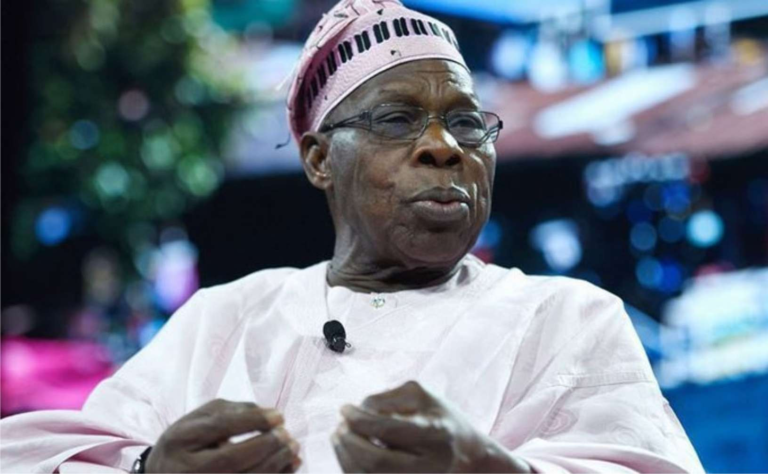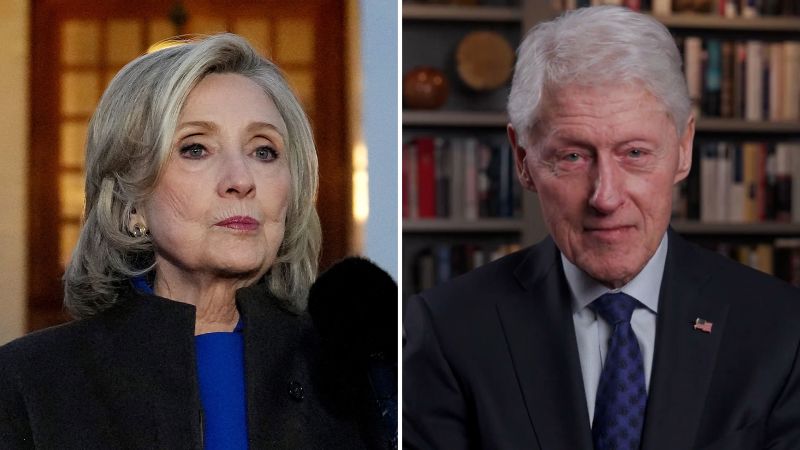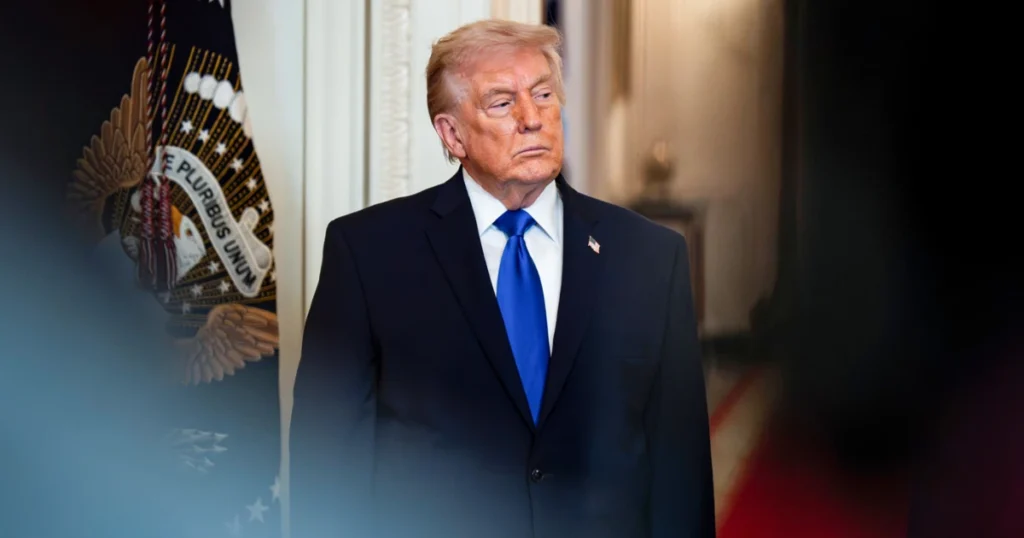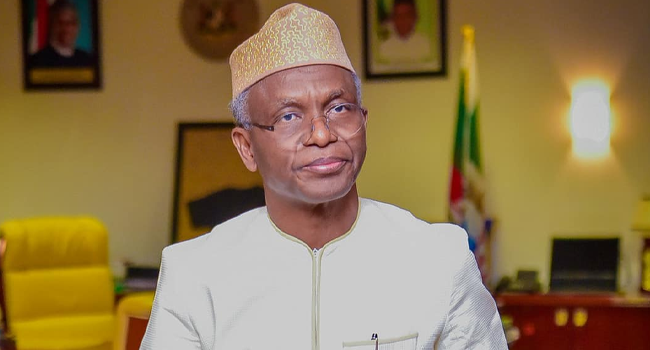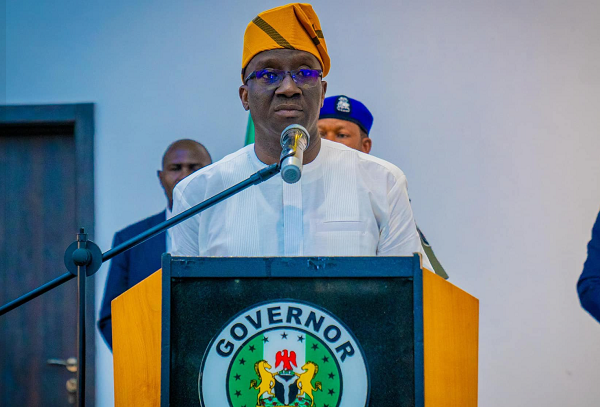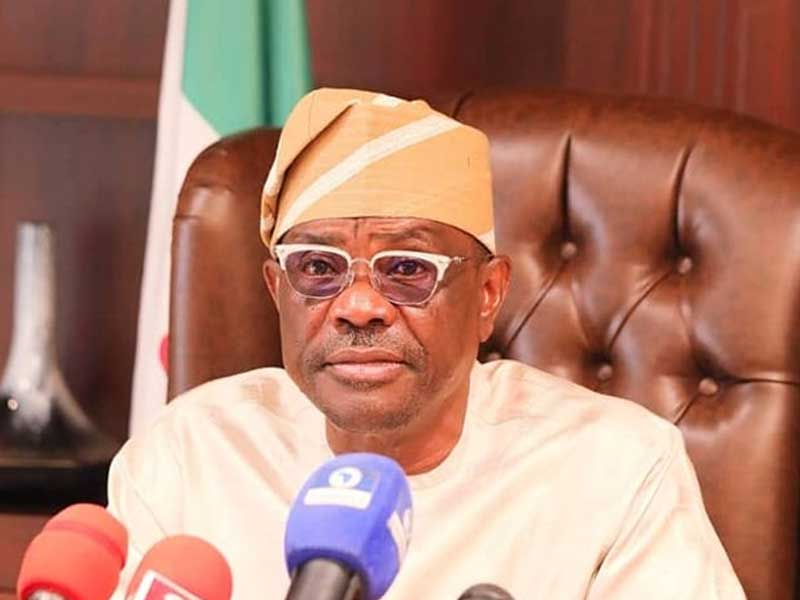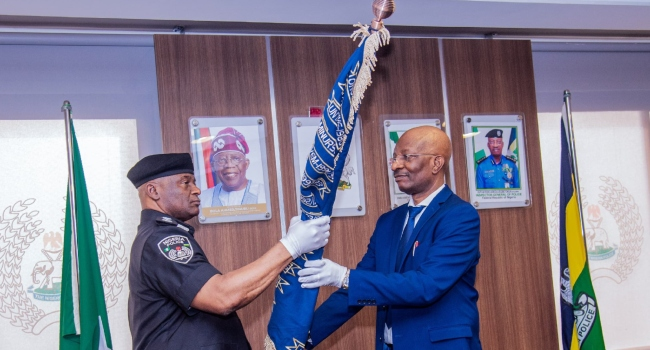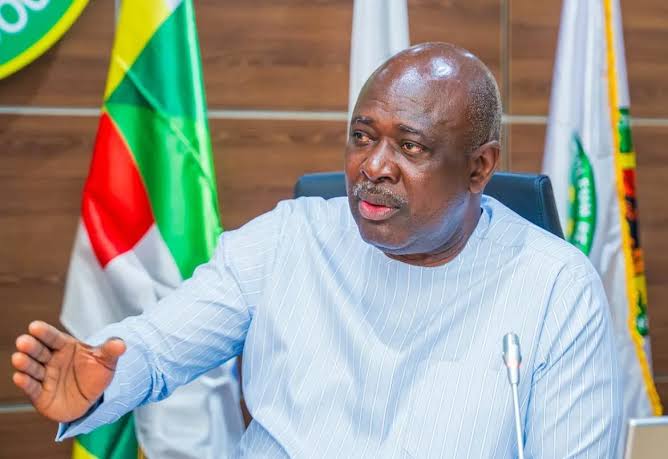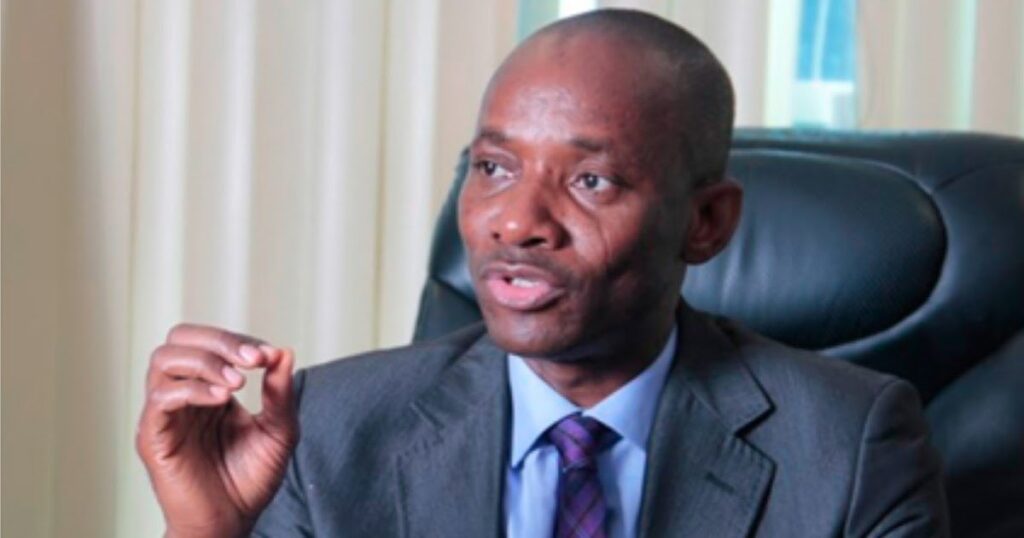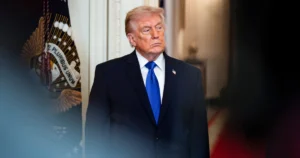Former Nigerian President Olusegun Obasanjo has revealed that his imprisonment under the late General Sani Abacha’s military regime in 1995 was due to his refusal to stay silent on critical national and international issues.
Obasanjo shared this insight during an interactive session with 15 emerging African leaders at the Olusegun Obasanjo Presidential Library (OOPL) in Abeokuta. Reflecting on his experiences, the former President described how his outspokenness became a liability during the repressive Abacha era.
“My prison experience was one of the life challenges I faced, stemming from my inability to keep quiet,” Obasanjo said, stressing the importance of addressing significant issues, even at personal risk.
The statement, released by his Special Assistant on Media, Kehinde Akinyemi, highlighted that Obasanjo’s determination to rescue Nigeria from a looming collapse drove him to contest for the presidency in 1999 after his release. Before entering politics, Obasanjo retired from the military at 42 to focus on agriculture.
“I joined the Army and retired at 42. I was still young and energetic, so I turned to farming. But during that time, I ended up in prison—not something I desired. It happened because I refused to stay silent. Speaking out landed me in jail, and when I came out, the country was in a dire state. People felt the need for leadership, and pressure mounted on me to step in,” Obasanjo recounted.
At the gathering, organized by the Future Africa Leaders Foundation and attended by winners of the Future Africa Leaders Awards, Obasanjo urged young leaders to adopt values that prioritize Africa’s progress. He also criticized the mismanagement of African debts, pointing to instances of corruption.
“Many of these debts cannot be justified. Some were outrightly corrupt,” he said, citing an example from Nigeria, where a loan for a carpet factory was repaid despite the project never materializing.
Obasanjo also commended Pastor Chris Oyakhilome, the foundation’s founder, for hosting the 2024 event and urged the youth to lead by example: “You are the leaders of today, not tomorrow. Use positive, disruptive actions to inspire, enrich, and uplift others.”

